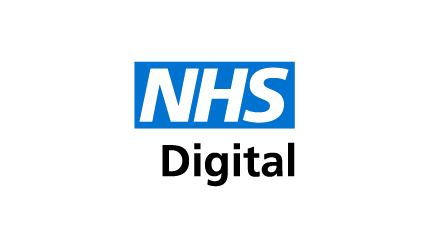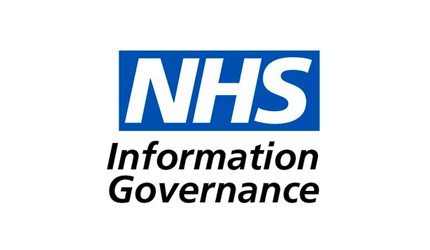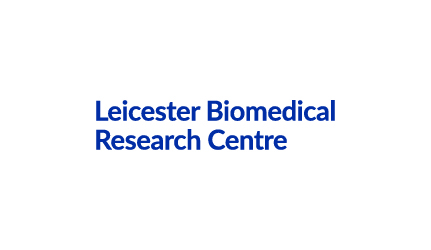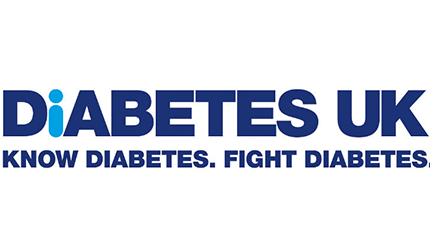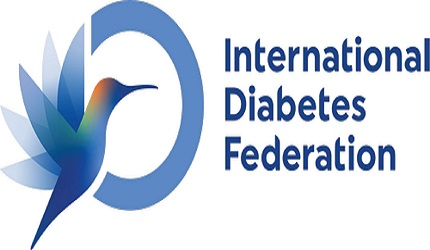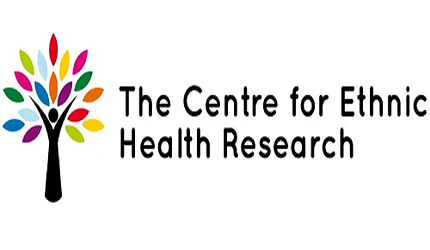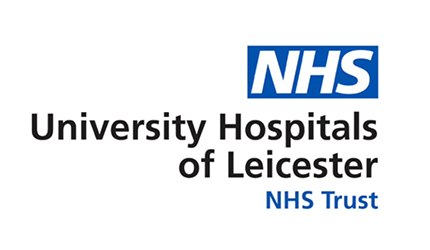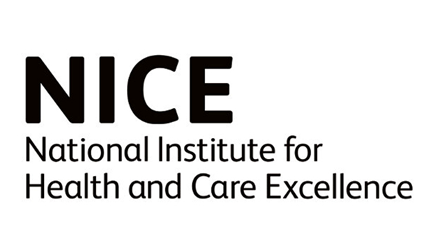INFORMATION FOR COMMISSIONERS
For sites who do not deliver the Desmond face-to-face programme this can still be offered to you once you have a license agreement in place.
MyDESMOND REFERENCES
Northern A, Troughton J, Hadjiconstantinou M et al (2021) The role of digital diabetes education (MyDESMOND) during the COVID-19 pandemic. Diabetes & Primary Care Vol 23, No 3, 2021.
Hadjiconstantinou M, Barker MM, Brough C, Schreder S, Northern A, Stribling B, Khunti K and Davies MJ. Improved diabetes-related distress and self-efficacy outcomes in a self-management digital programme for people with type 2 diabetes, myDESMOND. Diabetic Medicine (2021). https://doi.org/10.1111/dme.14551
Quinn, L.M., Davies, M.J., Northern, A., Brough, C., Schreder, S., Stribling, B., Khunti, K. and Hadjiconstantinou, M. (2021), Use of MyDesmond digital education programme to support self‐management in people with type 2 diabetes during the COVID‐19 pandemic. Diabet Med e14469. https://doi.org/10.1111/dme.14469
Hadjiconstantinou M, Schreder S, Brough C, Northern A, Stribling B, Khunti K, Davies MJ
Using Intervention Mapping to Develop a Digital Self-Management Program for People With Type 2 Diabetes: Tutorial on MyDESMOND. J Med Internet Res 2020;22(5):e17316
DESMOND REFERENCES
Davies MJ, Heller S, Skinner T C, Campbell MJ, Carey ME, Cradock S, Dallosso HM, Daly H, Doherty Y, Eaton S, Fox C, Oliver L, Rantell K, Rayman G, Khunti K on behalf of The DESMOND Collaborative (2008)
Effectiveness of the diabetes education for ongoing and newly diagnosed (DESMOND) programme for people with newly diagnosed type 2 diabetes: cluster randomised controlled trial.
British Medical Journal, 336; 491-495
Gillet M, et al (2009)
Delivering the diabetes education and self management programme for ongoing and newly diagnosed (DESMOND) programme for people with newly diagnosed type 2 diabetes: cost effectiveness analysis.
British Medical Journal, 2010; 341:c4093
OCKLEFORD E, SHAW R, WILLARS J and DIXON-WOODS,M (2008)
Education and self-management for people newly diagnosed with type 2 diabetes: a qualitative study of patients’ views.
Chronic Illness, 4(1), 28-37
SKINNER TC (2006)
What does make the difference?
Diabetic Medicine, 23 (9): 933
Skinner TC, Carey ME, Cradock S, Daly H, Davies MJ, Doherty Y, Heller S, Khunti K, Oliver L et al. (2006)
Diabetes education and self-management for ongoing and newly diagnosed (DESMOND): process modelling of pilot study.
Patient Education and Counselling, 64 (1-3); 369-377
Skinner et al. (2008)
Educator talk and patient change; some insights from the DESMOND randomised controlled trial.
Diabetic Medicine 25:1117-1120.
Carey ME and Daly H (2004)
Developing and piloting a structured, stepped approach to patient education.
Professional Nurse, 20:37-9.
Stone MA, Patel N, Drake L, Gayle C (2006)
Making education in diabetes culturally appropriate for patients.
Practice Nursing, 17 (12); 621-625.
Varty D And Varty A (2006)
Introducing DESMOND.
Independent Nurse, 17 July: 28-29.
NATIONAL GUIDANCE
Department of Health and Diabetes UK (2005)
Structured Patient Education in Diabetes. Report from the Patient Education Working Group.
London: Department of Health
National Collaborating Centre for Chronic Conditions (2008)
Type 2 diabetes: national clinical guideline for management in primary and secondary care (update).
London: Royal College of Physicians
National Institute for Clinical Excellence (2003)
Guidance on the use of patient-education models for diabetes (Technology Appraisal 60)
London: NICE.
National Service Framework for Diabetes Standards (2001)
London: Department of Health






